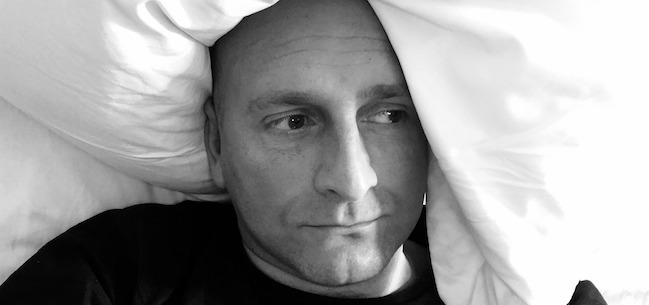The Emotional Impact of Erectile Dysfunction
The Emotional Impact of Erectile Dysfunction
Wednesday, November 14, 2018

Commercials about erectile dysfunction (ED) are typically filled with images of happy, healthy, virile men, as if to suggest that an ED medication can restore a man’s youth. But despite a culture that seems intent on avoiding aging, men and women do slow down with age. Their bodies change – and for men, this includes the functioning of their penises.
Viewed through the lens of our youth-centric culture, erectile dysfunction is seen solely as a medical issue. However, sexual relationships are more complicated than the mechanics of having intercourse. Enabling a man to attain or maintain an erection does not necessarily improve his sex life if there are significant relationship issues.
Dr. Daniel Watter is a psychologist who specializes in sexual and relationship issues. He speaks and writes about how the ability to have and maintain an erection has significant meaning for men about their desirability and who they are as people; a meaning well beyond their sexual relationships.
Dr. Watter suggests that as we tend to the physical component of ED, it is equally important to appreciate the vulnerability, embarrassment, and humiliation that the condition often brings with it. It is essential to understand that it can cause men to feel lesser as men and fear being unwanted or unworthy of their partner. Because of what ED means to them, they take a hit to their self-esteem and are often depressed. By seeing their “life force” diminish, they are also forced to face aging and their eventual death.
Further, Watter suggested that men often do better when they learn to listen to what their body is saying to them; and to face their existential struggles. They benefit from thinking deeply about their fears of aging, death, isolation, lack of meaning, and loss of connection. When their partners are also sensitive and open to supporting them in wrestling with these struggles, their relationship can transform from a source of fear and potential loss to a source of strength and connection.
By facing these existential concerns, men can understand themselves better and appreciate an enriched perspective of life. They can begin to see life as filled with opportunities rather than an ever-more-difficult fight against aging and loss of vitality. By using their ED as a chance to look more deeply at themselves, they can nurture a more accepting and content relationship with themselves and enjoy a more profound, more connected relationship with their partners.
Important:
The opinions expressed in WebMD Second Opinion are solely those of the User, who may or may not have medical or scientific training. These opinions do not represent the opinions of WebMD Second Opinion are not reviewed by a WebMD physician or any member of the WebMD editorial staff for accuracy, balance, objectivity, or any other reason except for compliance with our Terms and Conditions. Some of these opinions may contain information about treatments or uses of drug products that have not been approved by the U.S. Food and Drug Administration. WebMD does not endorse any specific product, service or treatment.
Do not consider Second Opinion as medical advice. Never delay or disregard seeking professional medical advice from your doctor or other qualified healthcare provider because of something you have read on WebMD. You should always speak with your doctor before you start, stop, or change any prescribed part of your care plan or treatment. WebMD understands that reading individual, real-life experiences can be a helpful resource, but it is never a substitute for professional medical advice, diagnosis, or treatment from a qualified health care provider. If you think you may have a medical emergency, call your doctor or dial 911 immediately.
